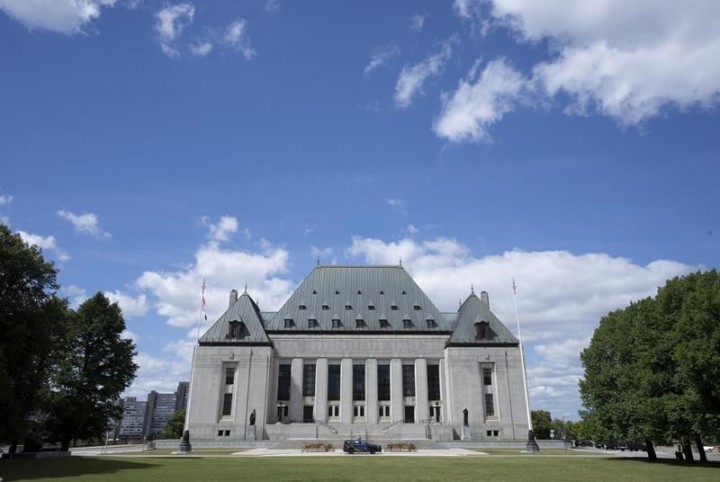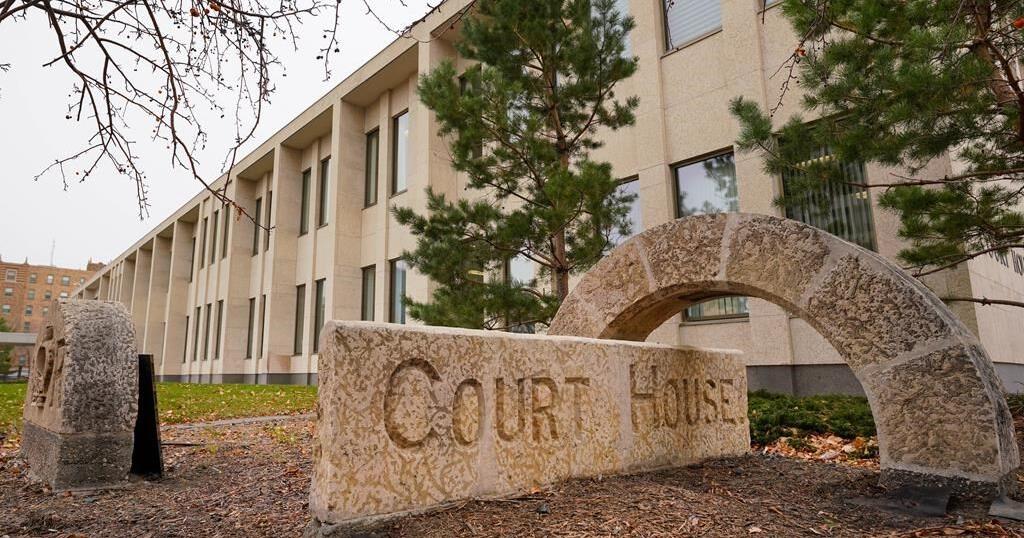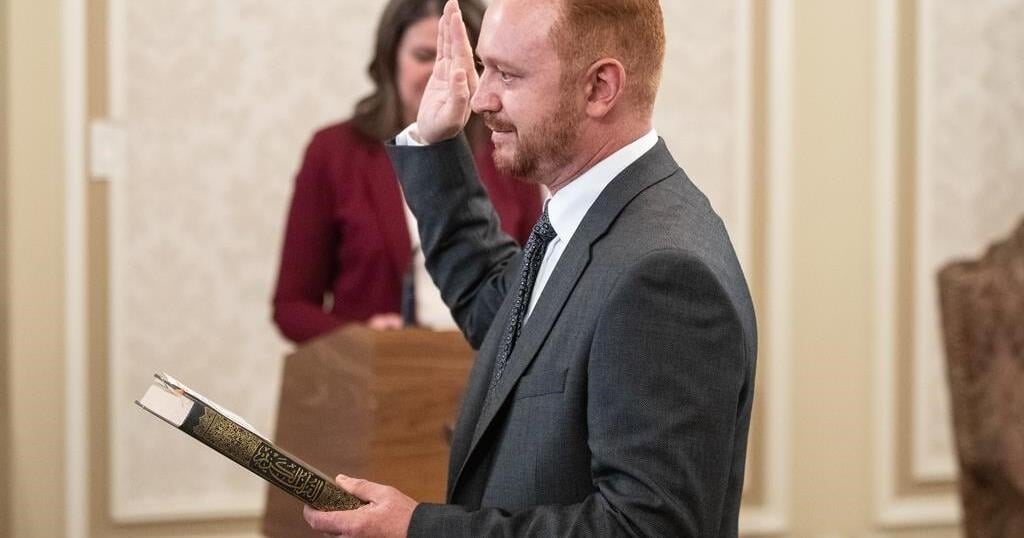REGINA – Two women told a jury trial Tuesday that a Regina chiropractor pulled their breasts during appointments.
Ruben Manz is accused of sexually assaulting seven women between 2010 and 2020 while they were under his care. The complainants cannot be identified due to a publication ban.
A 47-year-old woman, who described herself as a professional athlete, testified she went to see Manz in 2011 to treat pain in her neck, shoulders, lower back and hips.
She said she was sitting on an exam table when Manz placed a hand on her shoulder, pulled her head to one side and put a hand in her shirt.
He asked if she was OK, she said, and she replied yes but was hesitant.
Manz then moved his hand into her bra and pulled her breast, she told the jury.
“He said, ‘Just relax. It’s part of the treatment,’ And I said, ‘The hell it is,’” the woman testified. “I got up, grabbed my stuff and left the room.”
The woman said what happened to her was wrong and no other chiropractor had touched her that way.
She stopped seeing Manz immediately, she said.
“I didn’t trust him. He violated me.”
The woman said she reported Manz to a chiropractors association the next day. In 2021, after reading a news report about criminal charges against Manz, she went to police.
“He did this to somebody else, so I was mad,” she testified.
She said she regularly seeks treatment for muscle strain and adjustments to her shoulders, hips and spine.
“I have to work very hard to find the strength to trust people to put their hands on me,” she added.
Defence lawyer Kathy Hodgson-Smith questioned the woman about what she remembered, including how many appointments she had with Manz, the clothes she was wearing and how many people she told about her allegation.
The woman said she couldn’t remember exactly how many times she saw Manz. She recalled wearing a supportive bra meant to prevent pressure to her chest.
She said she’s been open about sharing what happened with others if the topic of bad experiences comes up.
“I remember that one incident with him like it was yesterday,” the woman testified. “I remembered it this whole time — not because it came up in a news report or because I talked about it.
“Because it wasn’t OK. And I haven’t had a chiropractor before then or since then do that to me.”
Hodgson-Smith said it’s possible the woman didn’t stop the doctor from touching her and didn’t storm out of his office.
“You left that office normal,” the lawyer said.
“I absolutely did not, and I take high, high offence in that,” the woman responded, wiping away tears.
“You’re asking me to defend myself, when I didn’t do anything wrong.”
A 50-year-old woman testified she started seeing Manz in about 2005 to address neck and back pain after getting into a car crash.
At her last appointment with the doctor, she said, one of his hands was inside her shirt while his other hand was pulling her head to one side.
His pinky finger went underneath her bra, she said, and she felt her breast lift.
“I said, ‘My boob, you’re pulling my boob out of my bra.’ And he let go,” said the woman.
“We just kind of, I don’t know, tried to act normal. He said, ‘OK, we’ll see you next time,’ and that was pretty much it.”
The woman said she never booked another appointment with Manz.
“I just felt very uncomfortable.”
The trial is scheduled to continue this week.
This report by The Canadian Press was first published Nov. 5, 2024.
































